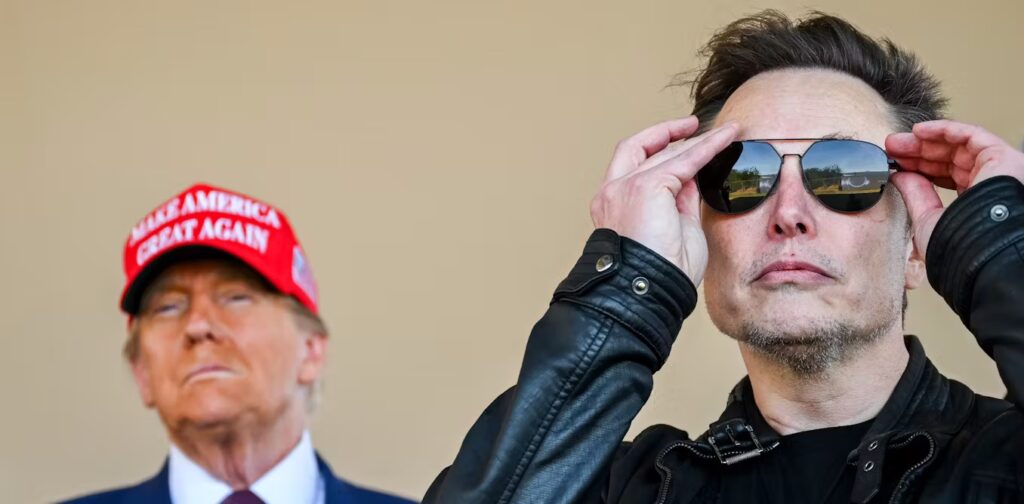
Elon Musk, the CEO of Tesla and SpaceX, has become a central figure in a transformative movement reshaping the United States’ political and technological landscape. His initiatives, spanning government restructuring and technological innovation, have ignited both fervent support and significant controversy.
Government Restructuring Efforts
In 2024, Musk spearheaded the Department of Government Efficiency (DOGE) under President Donald Trump, aiming to streamline federal operations. This initiative led to substantial workforce reductions and the dismantling of certain agencies, actions that have been met with both praise for fiscal responsibility and criticism for potential overreach.
Technological Innovations and Public Perception
Musk’s technological endeavors, particularly in artificial intelligence and robotics, have significantly influenced public discourse. The recent display of Tesla’s humanoid robots on Capitol Hill exemplifies his commitment to advancing robotics, though it has also drawn attention to the broader implications of such technologies.
Public Protests and Political Influence
Musk’s actions have sparked widespread protests, especially in Democratic-leaning states like California. Activists have criticized his role in government restructuring, leading to vandalism of Tesla dealerships and organized demonstrations. These protests highlight deep divisions over his influence in government and corporate affairs.
Beyond domestic policy, Musk has extended his influence into electoral politics. His “America PAC” has invested heavily in special elections, notably in Florida, aiming to sway legislative control. This involvement underscores his growing role in shaping political outcomes.
Public Sentiment and Criticism
Public opinion on Musk’s revolution is deeply polarized. Some view him as a visionary reformer challenging bureaucratic inefficiencies, while others perceive his actions as a consolidation of power that undermines democratic principles. Critics argue that his approach aligns with techno-fascism, prioritizing technological advancement over individual freedoms.
Recent Developments
In a recent statement, Musk called for “a second American revolution” to liberate citizens from bureaucratic oppression, reflecting his belief that current systems hinder progress.
This sentiment resonates with supporters advocating for systemic change but raises concerns about potential societal divisions.
Conclusion
Elon Musk’s endeavors represent a pivotal moment in American history, blending technological innovation with political ambition. As his revolution unfolds, it prompts critical discussions about governance, technological ethics, and the balance between innovation and individual rights. The coming years will be crucial in determining the long-term impact of his vision on the nation’s democratic fabric.





